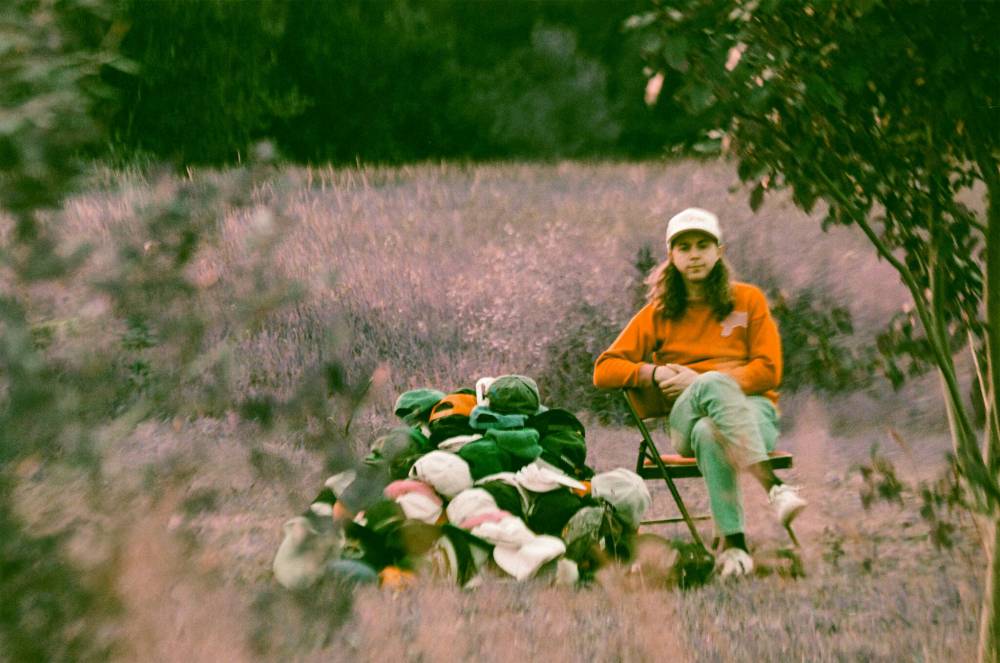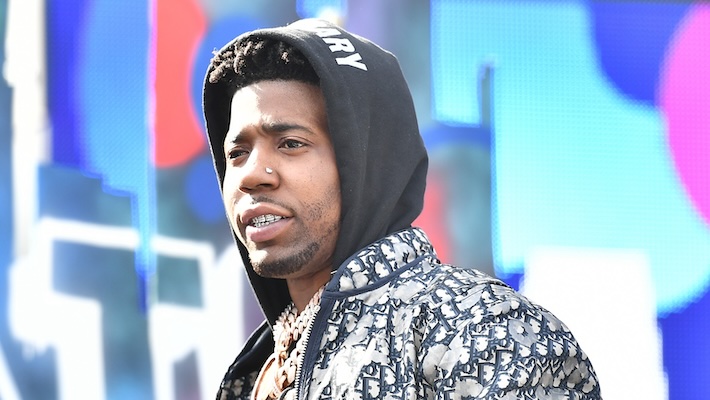
Almost as soon as his career in music began, Micah Erenberg was already singing about the merits of leaving everything behind, quitting his job and driving his car into the ocean. Read this article for free: Already have an account? To continue reading, please subscribe: * Almost as soon as his career in music began, Micah Erenberg was already singing about the merits of leaving everything behind, quitting his job and driving his car into the ocean. Read unlimited articles for free today: Already have an account? Almost as soon as his career in music began, Micah Erenberg was already singing about the merits of leaving everything behind, quitting his job and driving his car into the ocean.
He described the feeling most directly on an escapist anthem hinting at an early confrontation with the eternal dilemma of an outward dreaming poet selling songs on the Prairie interior: would things be easier if I lived somewhere other than here? “In some ways, this can be a really hard place to live,” says Erenberg, who wears his appreciation for and acceptance of his home province on the crests of a treasure trove of trucker caps. “It’s a pretty hardcore province — cold and tough. I think a lot of people have a love-hate relationship with this place, myself included.

Little Jack Films Erenberg’s new Secret Beach album features contributions from a host of musicians. “I think that Winnipeg is the greatest city in the world of anywhere that I’ve been, with more personalities than anywhere else I’ve ever seen. That being said, I don’t really like living in Winnipeg.
” Under his own name and through his current project, the Secret Beach, Erenberg, now in his early 30s, writes affecting, wryly funny and even heartwrenching folk rock music, not unlike Winnipegger Grant Davidson of Slow Leaves or Christopher Owens of San Francisco indie project Girls. The sweet-singing performer has always been at his best when contemplating the confines of perception, questioning whether the roadmap he was handed was worth following at all. On the latest album from the Secret Beach, released Aug.
23 through Toronto’s Victory Pool records, Erenberg takes novelistic detours into his own mythology, alternating between examinations of youthful indecision ( ), self-delusion and mistaken identity ( ) and frustration with the status quo. On Erenberg wonders how anyone paying attention could keep on making the same mistakes. an update on a track from 2019’s feels as if for Erenberg, love and its associated clarities did just that.
The collection of 15 songs is a series of notes to self and others, filled with reminders of lessons repeatedly learned along anonymous, flat highways. As always, all roads lead back home, as made clear by the album’s title, cribbed from a highway traffic sign planted just beyond Winnipeg’s borders in the sixth episode of the 16th season of : It’s what our parents chose, he sings on an audio stitch-in-time where the songwriter wrestles with the idea of any location defining a human being. A breakup song about a village, a set of memories, and a cast of characters that Erenberg couldn’t quite bring himself to quit.
In 2019, after several years recording and performing under his own name, Erenberg changed course to another location, washing ashore at an enigmatic new pseudonym. By releasing music as the Secret Beach, Erenberg says, he was able to circumvent and confront some personal discomfort with the idea that the songs belonged solely to him, while also creating some space between the different eras of his sometimes nomadic creative life. “I was finding myself playing shows with other people and feeling the music was also theirs,” he says.
Some songs on both albums were written with or by collaborators such as his longtime best friend Daniel Diamond or his bandmate Matthew Filopoulos. “So I was like, ‘How can I call this Micah Erenberg?’” Under the new name, Erenberg toured extensively, workshopping new tracks along the way while dreaming up the upcoming album. A devoted fan of 1974’s , a collaboration between Bob Dylan and the Band, Erenberg wanted to emulate the production techniques that gave the Asylum Records’ release its sound.
He decided to look up the engineer, and found that Rob Fraboni — who also worked with Allen Ginsberg, John Lennon, Joe Cocker and U2, collaborating closely with Martin Scorsese for the soundtrack to — was still active. Erenberg reached out, and after a bit of a wait, Fraboni got back to him. Fraboni was impressed with the handful of songs sent to him, and eventually invited Erenberg to his studio in Connecticut to host the songwriter, who also runs his own analogue and digital production studio called the Secret Beach and based in Matlock, which has produced work by Sean Burns, Sam Singer and the Waverley Pickers.
Fraboni told him that to get the most of the session, Erenberg should have an album’s worth of music ready to go. “So I got really inspired, wrote another five or six songs and went to his place.” Over four or five days, Fraboni mixed 14 tracks, along the way showing Erenberg the techniques he used during the sessions.
When he returned home, Erenberg listened back and decided to try his own hand with newfound confidence, setting out to use Fraboni’s techniques in the studio he outfitted for himself. He worried the veteran engineer would be upset, but that wasn’t at all the case. “He inspired me and encouraged me to take things to the next level on my own, you know, and that was really cool because he’s sort of an idol of mine,” he said.
“It’s easy to record music, but it’s hard to take it the next 30 per cent of the way and make an album and make it consistent and conceptual in your own way. Monday mornings The latest local business news and a lookahead to the coming week. “Rob really showed me that I could do it myself.
He’s not a musician, he’s an engineer, and he really believed in me.” The Secret Beach’s homegoing record — featuring contributions from Saskatchewan country duo Kacy & Clayton, Boy Golden, Fontine and the anonymous local underground act the Famous Sandhogs — is a sharp communion between past and present selves, a serene end-of-summer reflection from a songwriter who’s felt the bite of every season. “This is the first time I’ve been able to make music exactly the way I wanted to make it,” he says, speaking by phone from his girlfriend’s family ranch near Glentworth, Sask.
, where he says he’s become a much better musician. “There’s not very much ranching. It’s mostly music.
” [email protected] Ben Waldman is a National Newspaper Award-nominated reporter on the Arts & Life desk at the .
Born and raised in Winnipeg, Ben completed three internships with the while earning his degree at Ryerson University’s (now Toronto Metropolitan University’s) School of Journalism before joining the newsroom full-time in 2019. . Every piece of reporting Ben produces is reviewed by an editing team before it is posted online or published in print — part of the ‘s tradition, since 1872, of producing reliable independent journalism.
Read more about , and . Our newsroom depends on a growing audience of readers to power our journalism. If you are not a paid reader, please consider .
Our newsroom depends on its audience of readers to power our journalism. Thank you for your support. Before embarking on a North American tour, Erenberg and Co.
will play two Manitoba shows this weekend, taking the stage at The Leaf on Saturday at 2 p.m. and in Gimli, with support from Sam Singer, at the Ship and Plough on Sunday ($20 at shipandplough.
ca). We Were Born Here, What’s Your Excuse? is available for purchase directly from , the ($30 vinyl, $15 cassette, $5 digital album) or on all streaming services. Ben Waldman is a National Newspaper Award-nominated reporter on the Arts & Life desk at the .
Born and raised in Winnipeg, Ben completed three internships with the while earning his degree at Ryerson University’s (now Toronto Metropolitan University’s) School of Journalism before joining the newsroom full-time in 2019. . Every piece of reporting Ben produces is reviewed by an editing team before it is posted online or published in print — part of the ‘s tradition, since 1872, of producing reliable independent journalism.
Read more about , and . Our newsroom depends on a growing audience of readers to power our journalism. If you are not a paid reader, please consider .
Our newsroom depends on its audience of readers to power our journalism. Thank you for your support. Advertisement Advertisement.














